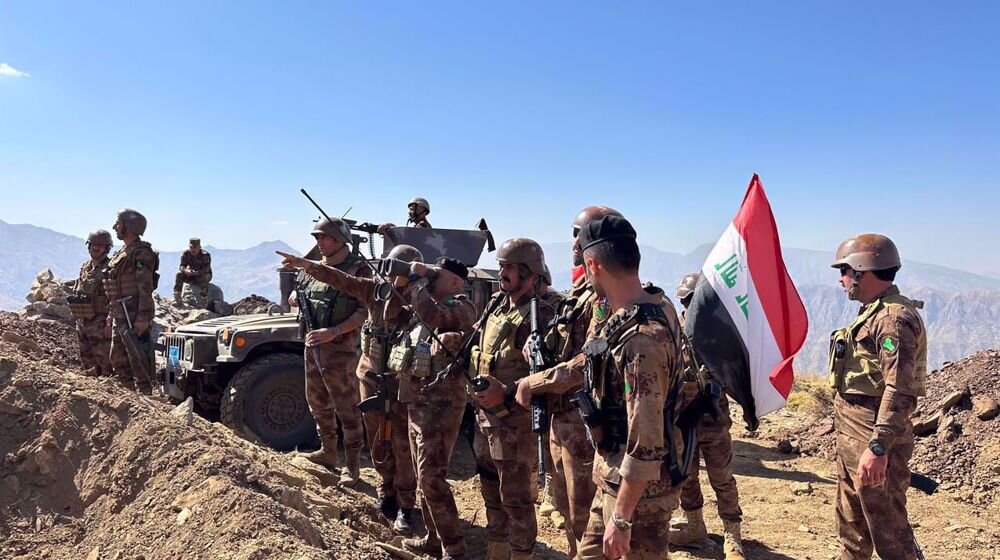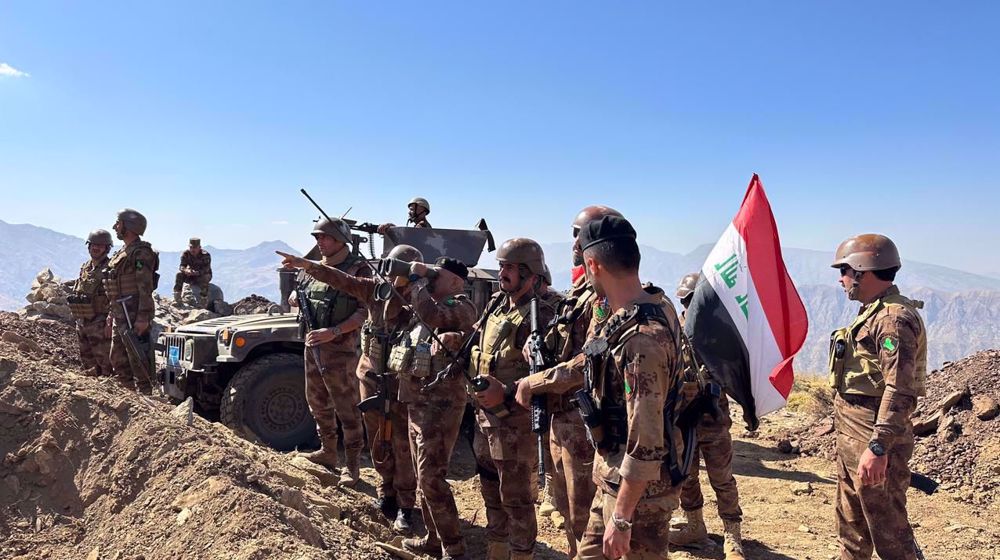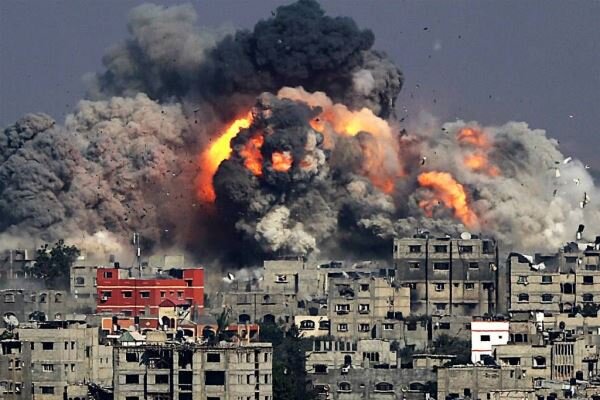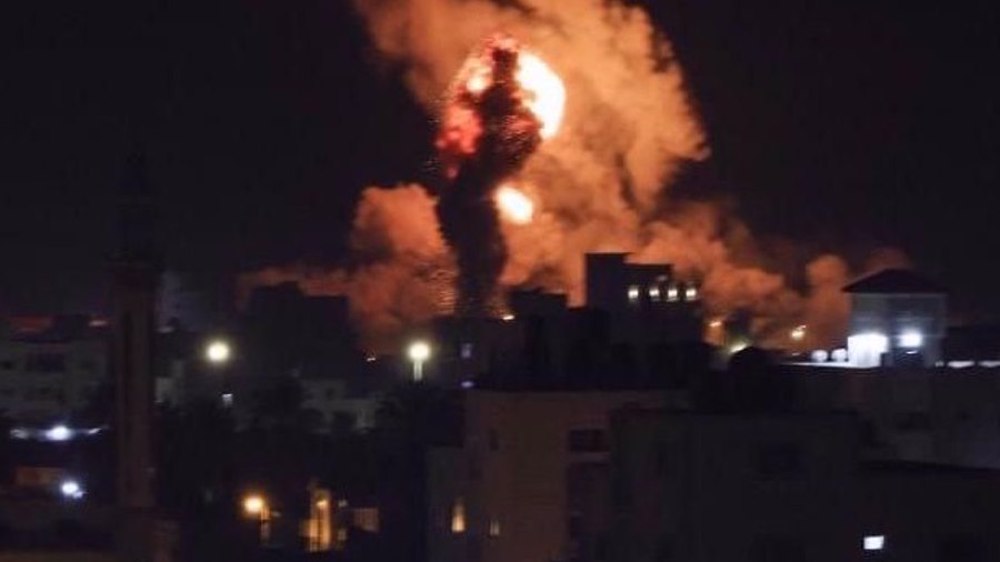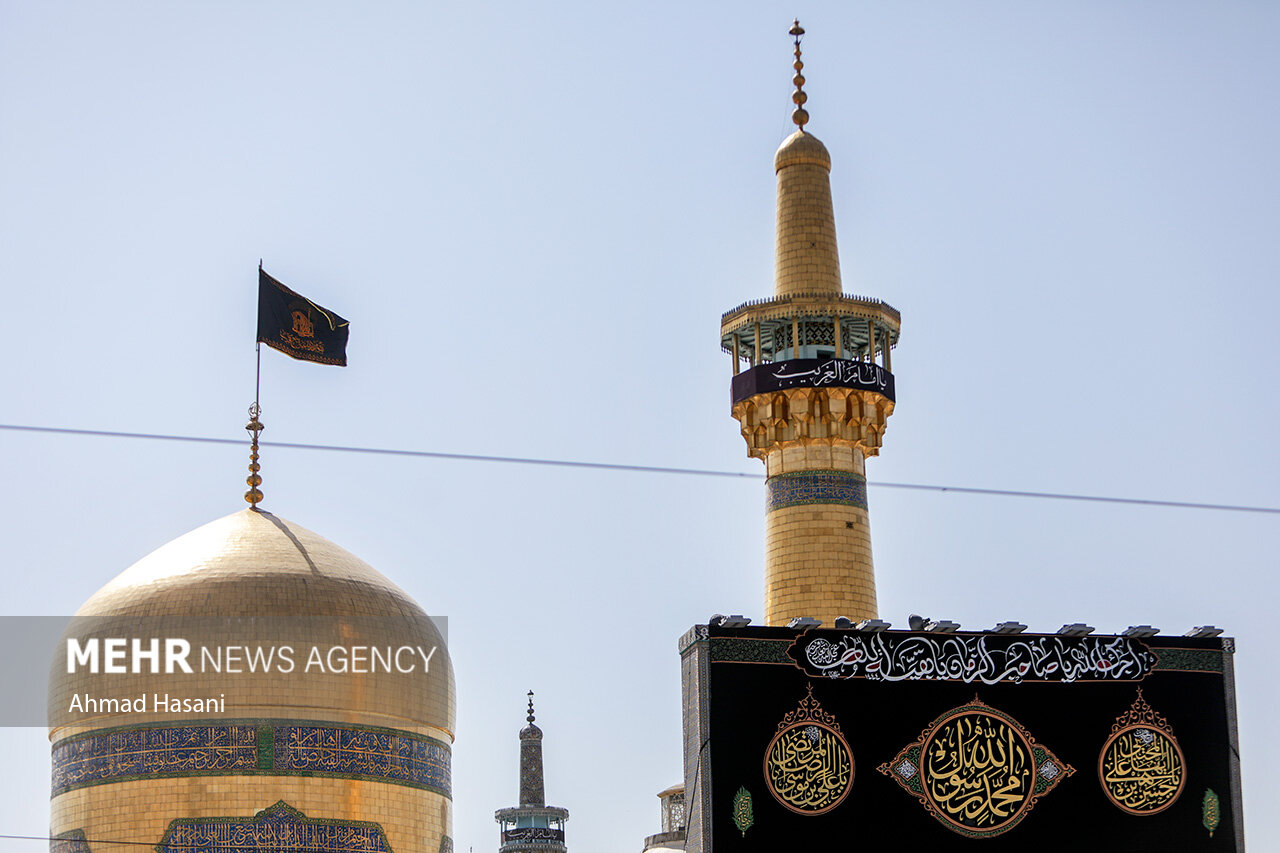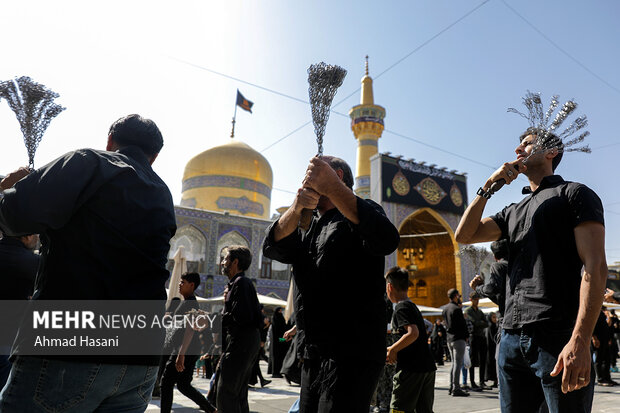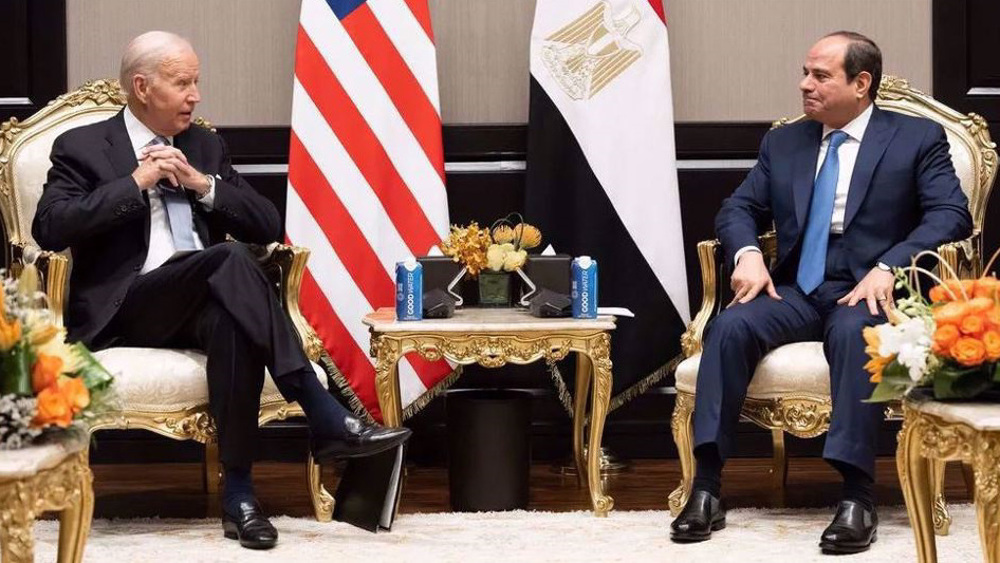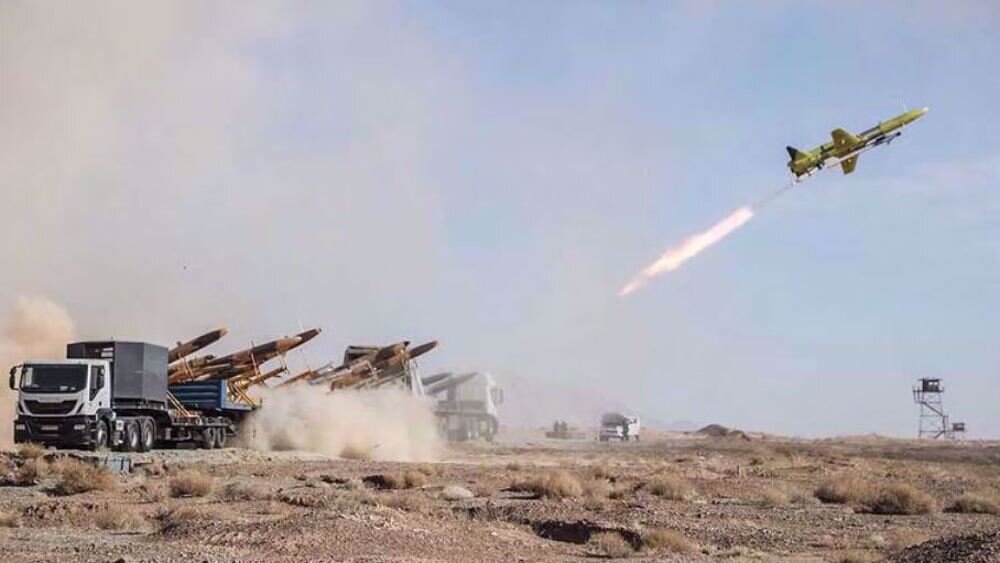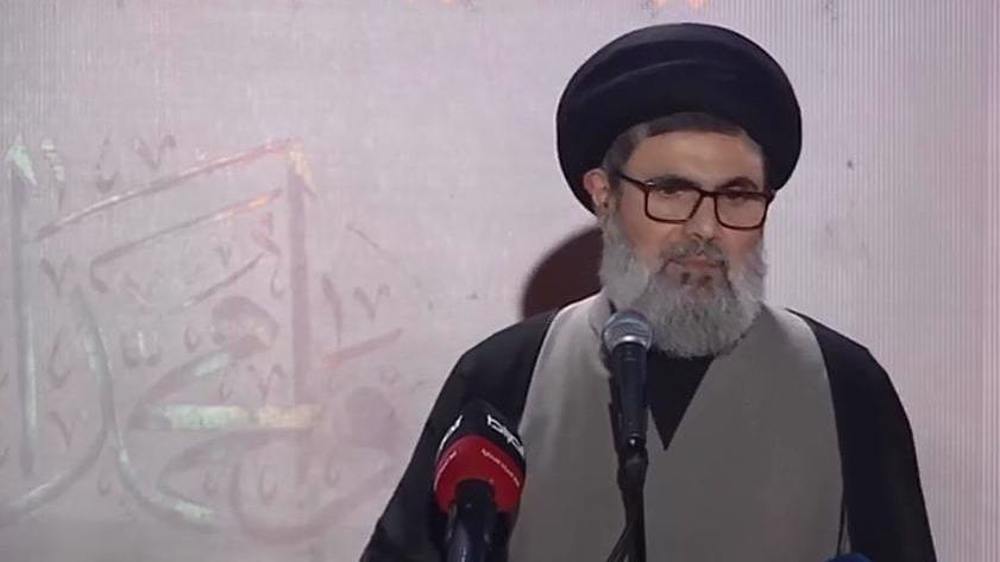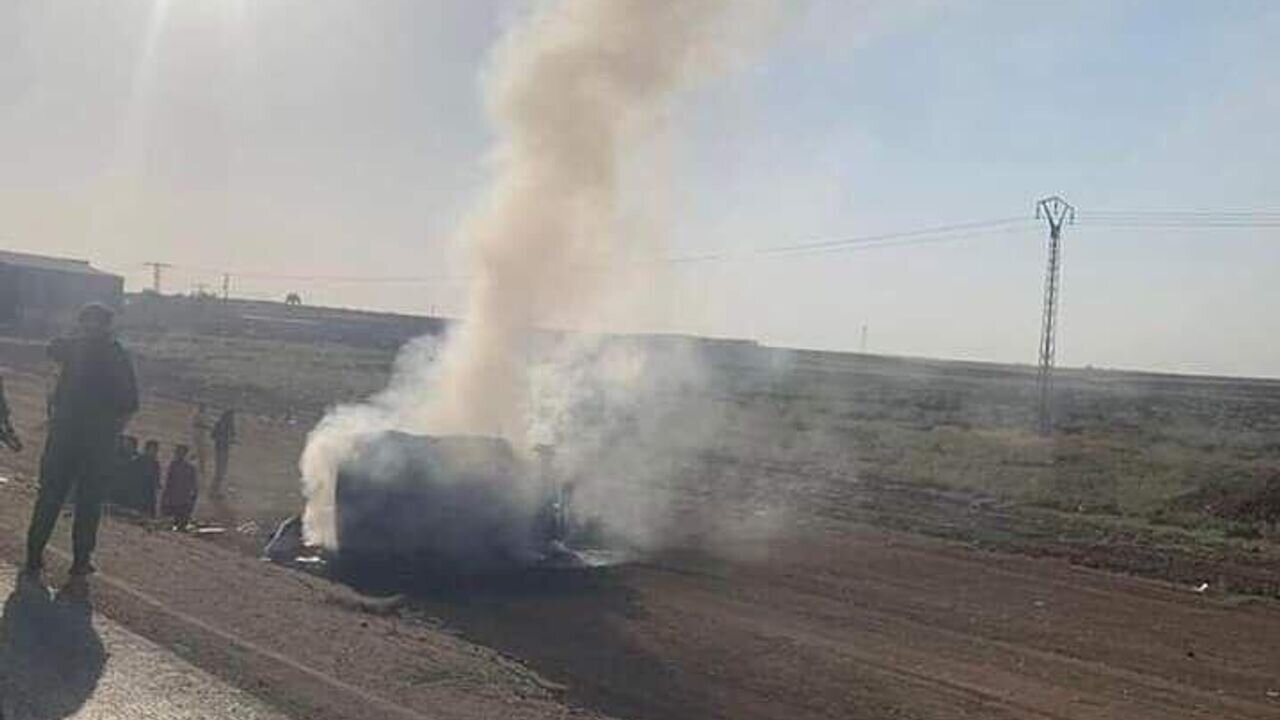The administration of US President Joe Biden has notified Congress that it aims to divert money it promised to Egypt to Taiwan instead, sources familiar with the matter told CNN.
The administration notified Congress it would decrease $85 million in aid to Egypt that had been conditioned on Cairo’s progress in its treatment of political prisoners, and instead divert that money to Taiwan, as well as Lebanon, the sources said on Thursday.
The sources said 55 million dollars worth of the assistance will be reallocated to Taiwan and the rest of the $85 million will go to Lebanon, which Washington regularly supports with military equipment, including tens of Humvee military vehicles, despite the dire conditions in the country and the nation needing huge financial aid.
However, the administration will still allow Cairo to access $235 million of the total of $320 million in foreign military financing it had promised to Egypt, according to a senior official at the US State Department.
Secretary of State Antony Blinken had “determined that it is in the US national security interest to waive certain human rights related conditions” and allow the $235 million to go to Egypt.
“What I’m describing today reflects our current assessment that Egypt’s cooperation merits the national security waiver for fiscal year 2022,” said the official, whose name was not mentioned in the reports.
“Our position on the very serious human rights situation in Egypt absolutely has not changed and we’re going to continue to raise those issues in Egypt consistently and at the most senior levels.”
The conditions around the $85 million – “that Egypt is making clear and consistent progress in relieving political prisoners, providing detainees with due process and preventing harassment of American citizens” – cannot be waived, the official said. “The Secretary is determined that Egypt has not fulfilled his conditions and therefore we are reprogramming that 85 million.”
The redirection of the funds was first reported by the Wall Street Journal. In total, the United States provides more than $1 billion in military assistance to Egypt, of which the vast majority is unconditional.
Last month, a group of lawmakers urged Blinken to withhold all $320 million in conditional foreign military financing over concerns about Cairo’s human rights abuses. “We acknowledge the historic, deeply rooted bilateral US – Egypt relationship, based in shared social, economic, and political ties,” wrote the lawmakers, led by House Foreign Affairs Committee Ranking Member Rep. Gregory Meeks.
“As we continue to stand for the prioritization of basic human rights in our foreign policy and call on the Administration to adhere to the spirit and letter of the law in ensuring progress in the US-Egypt relationship, we call on you to withhold the full $320 million of FY22 FMF until Egypt’s human rights record significantly improves,” it said.
Freedom House rates Egypt with 18 points out of 100 points on a global freedom scale. Rights groups and the US State Department cite arbitrary killings, torture and detention and allege systematic repression of civil society, free press and free expression. Rights groups estimate the number of political prisoners in Egypt in the tens of thousands. Under US pressure, the government this year and last released many of the detainees ahead of Washington’s decision on military assistance, and by last year started what it called a national dialogue.
However, US officials said Thursday Egypt had slowed the pace of releases of political prisoners while stepping up the pace of detentions. Rights groups said the government ultimately detained far more people than it released.
In related news, more than a dozen rights organizations signed a statement criticizing the Biden administration for its decision to approve the $235-million assistance to Egypt. The rights groups’ statement, published on Thursday, said the approval “sends the wrong message at the wrong time.”
“At a time when the administration has sought to convince the world that the United States is committed to a rules-based order that separates its vision from those of rival powers, ignoring when partners violate the rules reflects a double standard and signals a lack of commitment to the rules the United States claims to defend and value.”
In the meantime, the Biden administration has been working to increase arms shipments to Chinese Taipei.
It announced in July that a shipment of weapons for the island valued at up to $345 million had been earmarked for the wayward island’s secessionist leaders.
Till recently, the United States had sold $19 billion worth of weapons, munitions, and military equipment to Taipei, but most of that remains undelivered due to the two sides’ failure to reach an agreement on the payment terms.
“We have an obligation to make sure that we fill the backlog of foreign military sales that exist now between our countries,” US Congressman Rob Wittman said earlier this month heading a Congressional delegation visiting Chinese Taipei.
Taiwan is a self-ruled island and President Tsai Ing-wen has been pushing to make its military more mobile and harder to attack, seeking to turn the island into what US officials described as a “porcupine.”
China recognizes Taipei as a sovereign part of the country, emphasizing the internationally recognized “one China” principle.
